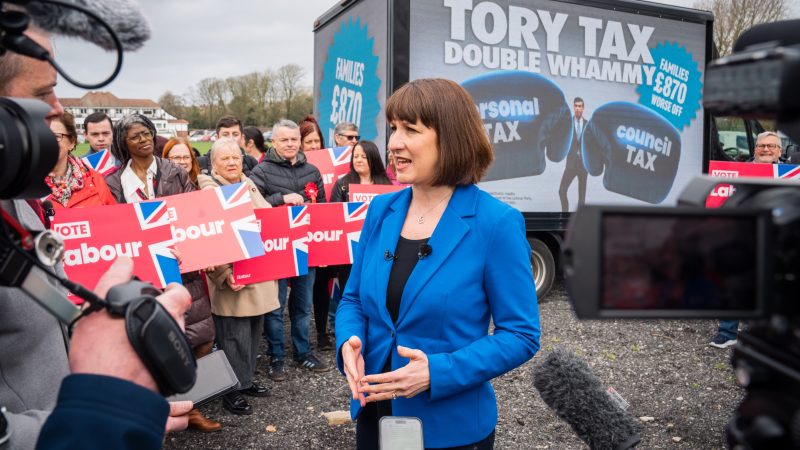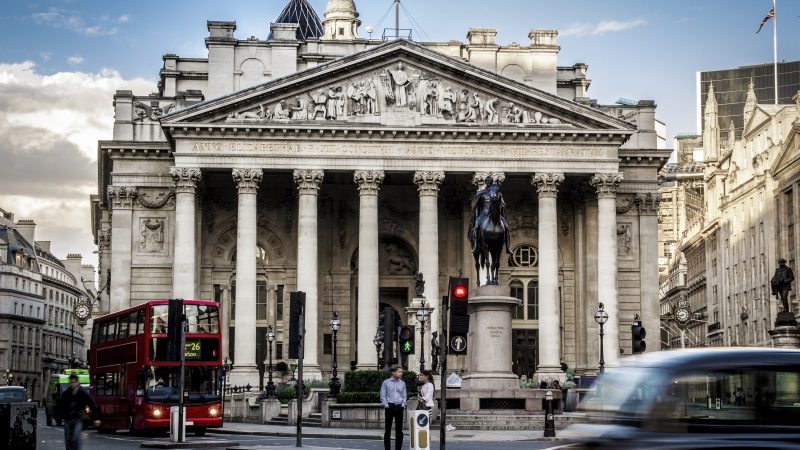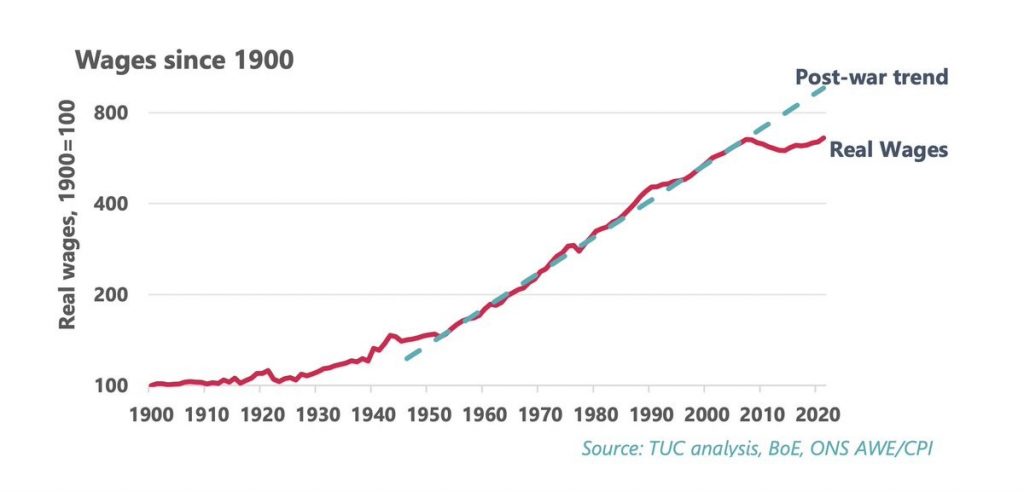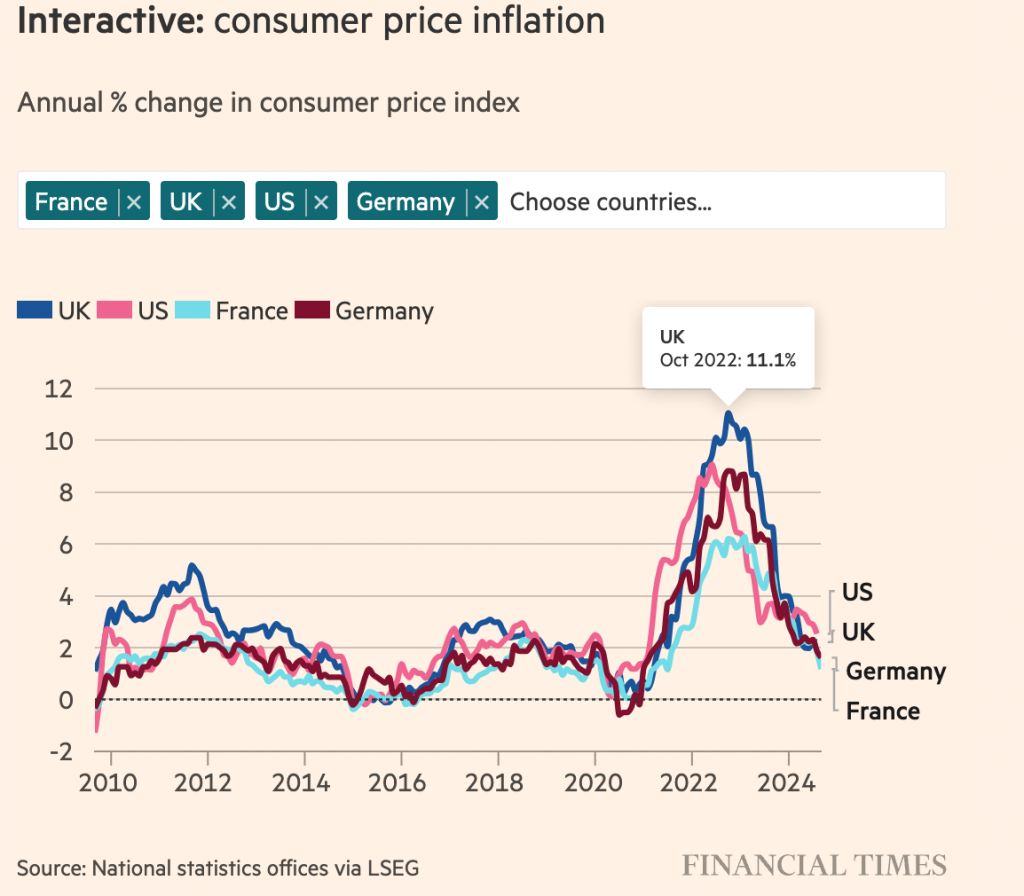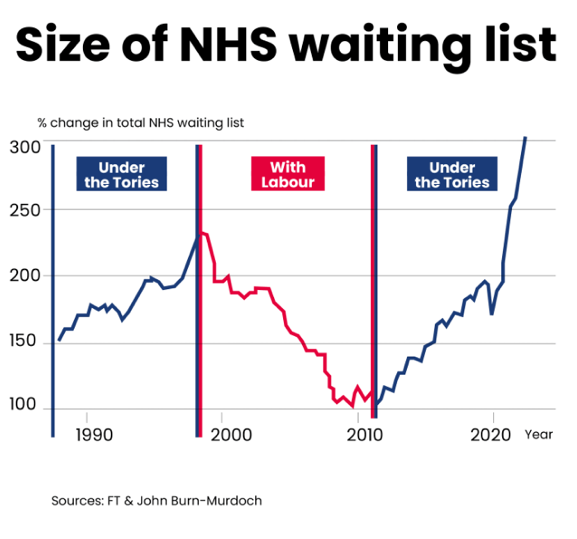The high priests of neoliberalism do not want to shackle capital or curb profiteering.

In the age of enlightenment the grand narratives of social progress are routinely paraded. However, they are rarely questioned. How civilised are we? Do we still practice human sacrifices?
Some would be puzzled by such a question in the twenty-first century. After all, human sacrifices have long been abolished. In medieval societies they were not uncommon. Innocent men, women and children, mainly from poorer backgrounds, were arbitrarily tortured or killed by ruling elites to strengthen their hold on power. Their high priests chanted mumbo-jumbo and cast spells in obscure languages and promised that pain to the innocents would somehow bring economic growth, prosperity and happiness.
In the modern world, people are no longer sacrificed in town squares but the practice continues. The power of finance and capital is maintained by sacrificing the lives of innocent people. The new high priests chant the magical powers of defunct economic theories, fiscal rules, austerity, privatisations, balancing the budget, outsourcing, and free markets. They obfuscate power and inflict misery and premature death on millions of people, mostly the less well-off. But the new social gods still don’t deliver prosperity and happiness to all. The magical mantras have enabled elites to amass disproportionate amount of wealth and power. The dissenters are ostracised, silenced and exiled by main stream media and political parties. Ministers flanked by high priests insist that people must deepen their faith in social gods and make more sacrifices.
The National Health Service (NHS) was created in an era when governments believed that human misery could be reduced by collective welfare. On the back of that, life became less financialised and the UK became more prosperous. That didn’t go down well with those intoxicated with bigger profits. Every Conservative government since the Second-War increased the NHS waiting list, hoping that individuals will seek out private healthcare. Under the spell of neoliberalism, insufficient investment has been made in the NHS. Today, in England alone some 6.42m individuals are waiting for 7.64m hospital appointments. Around 300,000 people a year die prematurely as they await a hospital appointment. Due to lack of timely access to family doctors, dentists and hospitals, some 2.8m people are chronically ill and unable to work. More than 500,000 under-35s are out of work due to long-term illness. Ministers complain about labour shortages but none connects the dots.
The threat of premature death and disability had the desired impact. More are taking out private health insurance. In 2022, some 11.7m Britons, 22% of the population, had health insurance. This was an 83% increase from 2021. Millions can’t wait for the NHS and are privately paying for cataract surgery, knee and hip replacements to alleviate pain and misery. Insurers have hiked their prices by 25% in the past year.
The high priests of neoliberalism do not want to shackle capital or curb profiteering. Instead, normal people are forced to make sacrifices. 72 people died in the Grenfell fire tragedy because it was profitable for housebuilders to use combustible foam insulation. The Post Office prosecuted innocent postmasters because it was profitable to do so. Rivers, lakes and seas are flooded with raw sewage because it is more profitable for water companies to do so, especially as they don’t bear the cost of health hazards inflicted on people. Since the pandemic, the UK’s leading 17,000 companies have increased their profits margins by an average of 30% and many by much more. For example, electricity generation companies trebled their profit margins by nearly 198%; electricity and gas supply by 363%; health and social work by 118% and water and sewage companies by 44%.
Punishing the working class has been a favourite sport for wealthy elites. In 1976, worker’s share of gross domestic product (GDP), in the forms of wages and salaries was 65.1%. Under onslaught of anti-trade union laws this is now barely 50% of GDP. In August 2024, the pre-tax median wage for a full-time worker was £29,040, lower in real terms than in 2008. Work doesn’t pay enough and the wages of some 2.6m workers have to be topped-up through the welfare system. Some 12m people, including 4.3m children, live in poverty. 6m people live in fuel poverty. 2.3m households owe over £1,200 arrears for energy and energy debt is over £3bn. The UK accounts for 80% of homelessness across the OECD countries. Around 9.3m people, including 3m children (one in five) are facing hunger and hardship. Reliance upon charity has been normalised. In 2023/24 food bank charity The Trussell Trust delivered 3.1m emergency food parcels to people. Some 800,000 patients were admitted to hospital with malnutrition and nutritional deficiencies, which piles on the pressure on the NHS.
A research report estimated that between 2012 and 2019, government imposed austerity caused 335,000 excess deaths in England and Scotland i.e. nearly 48,000 a year. Poverty makes people choose between heating and eating. Between 2011 and 2020, over a million people in England died prematurely from a combination of poverty, austerity and Covid. Another study estimated that around 93,000 people, including 68,000 pensioners and 25,000 working age adults are dying in poverty.
Yet the high priests were not satisfied. They invoked the gods of fiscal rules and balanced budgets to demand more sacrifices. They imposed two-child benefit cap to condemn 500,000 children to poverty, the biggest cause of child poverty. Just £2.5bn would lift more than half a million out of absolute poverty but successive governments have refused to do so, though they have handed tax cuts to banks and subsidies to corporations.
Winter is a harsh time for pensioners. The average state pension of between £9,000 and £9,500 is a major source of income for pensioners, and is less than 50% of the minimum wage. Their hard choices between heating and eating have been cushioned by winter fuel payments of between £100 and £300 a year. Even then last year, some 5,000 pensioners died from cold. The government responded by cutting Winter Fuel Payment for millions of pensioners below the poverty line. Thousands more will die. Seven Labour MPs voted against the cut and government ostracised them by withdrawing their parliamentary whip.
Some are unhappy about the downgrading of promised reforms to workers’ rights; something which might improve workers incomes and dignity. Any sustained dissent can undermine the power of high priests, Whips have warned Labour MPs not to put down any amendments on government bills and to resolve disagreements privately with ministers. The government is now planning to cut benefits of the old, sick, poor and disabled to force them to work.
In common with the medieval times, it is children, women, elderly and the less well-off who continue to be sacrificed. Wealth has not trickled-down and is hoarded by a few. The top 1% has more wealth than 70% of the population combined. Just 50 families have more wealth than 50% of the population. The bottom 50% of the population owns less than 5% of wealth, and the top 10% a staggering 57%. The wealthy elites control media, think-tanks and fund political parties to get shape public opinion and get their way. the government promised modest reforms to taxation of non-doms and private equity, but they are to be diluted as wealthy elites don’t like it.
Human sacrifice has changed form but hasn’t disappeared. Millions are sent to misery and premature death by elected governments. The mantras of fiscal rules, austerity, balancing the budget, outsourcing and privatisations have neither delivered prosperity nor happiness to the masses. Despite economic growth, people’s real incomes have been stagnant. Schools, healthcare and much of infrastructure is not fit for purpose. For investment in productive assets, the UK is ranked 28thamong 31 OECD countries. The state hands out vast subsidies and tax reliefs to corporations without any assessment of economic objectives.
A new leaf must be turned by restructuring the state, without that millions more will be sent to premature death. There is an urgent need to redistribute income and wealth, direct state investment in public services and democratisation of work. All legislation must be accompanied by assessment of the human cost. But corporate elites will oppose any loosening of their control of the state and any power for workers to shape corporate policies. Yet people must put lives before profits, critique the power of high priests and advance competing discourses. Our predecessors used oratory, leaflets, music, theatre, plays, unions, protests, marches, and community organisations to secure a modicum of rights and reliefs. We too need to do the same. As a wise man once said, ‘we are many, they are few’.
